If you love to cook and want to start growing the food you eat, herbs are a natural fit even for the novice gardener. These plants offer easy care and do equally well indoors or out. Grab some containers and a bag of potting soil, then start your kitchen garden with these five hardy herbs.
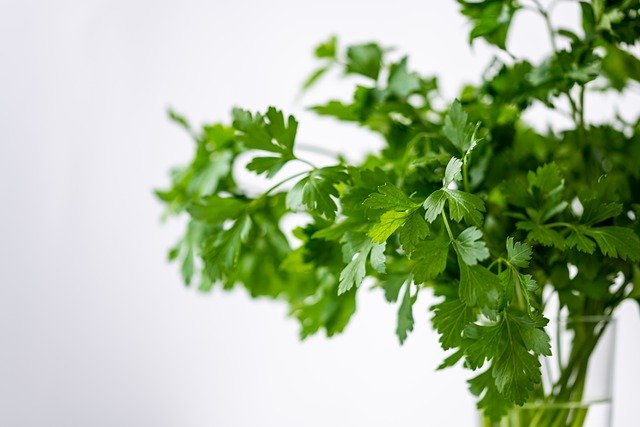
Parsley
Fresh parsley is much more than just a fancy garnish. It adds a savory flavor to soups, stews and roasted veggies while providing a healthy dose of vitamin A and vitamin C. To plant parsley, place seeds 1 inch apart and 1/4 inch deep in rich soil, either in a pot or directly in the ground after the final frost of the season. You'll have plenty of this leafy green herb throughout the summer, or even all year long if you live in a warm climate. For an even simpler solution, start parsley from a small plant rather than from seed.
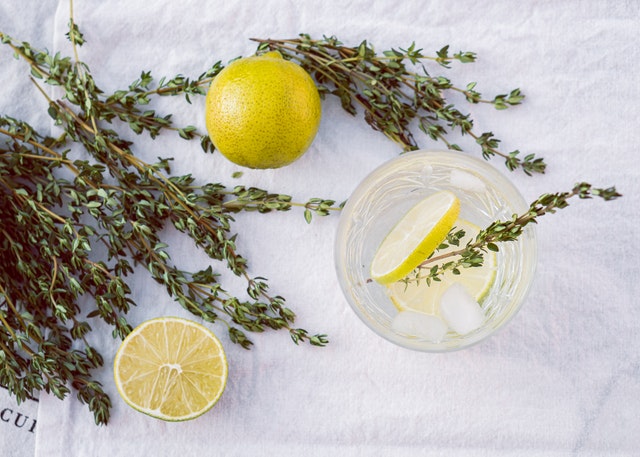
Thyme
A staple of French fare, thyme is one of the easiest herbs to grow and lasts all year long in most climates. Enjoy the earthy taste of this herb by pulling the tiny leaves right off the stem and adding them to just about any dish. Thyme pairs especially well with citrus and offers a good source of vitamin C. For best results with this herb, start with a cutting or young plant rather than growing directly from seed. Place it in a sunny area and water the soil only when completely dry. Even if your thyme dies off during the winter months, you'll see this perennial pop back up in the early spring. You can plant thyme directly in the ground or in a pot—ideally near rosemary, which requires similar care.
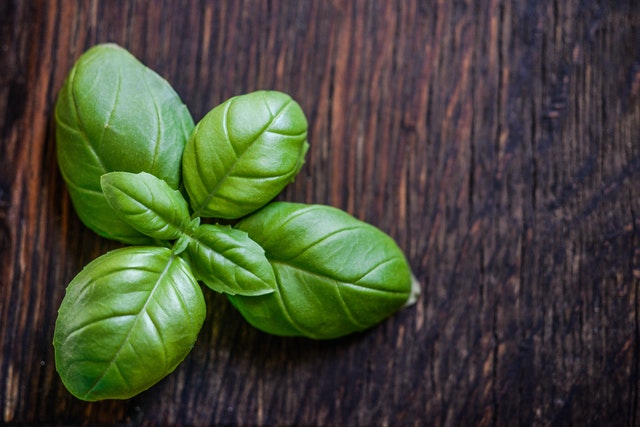
Basil
This leafy herb is a kitchen garden classic for a reason. Basil grows well indoors and can be ground for pesto, added to cooking or eaten in salads. In fact, it's the staple ingredient of a traditional Caprese salad along with tomatoes and fresh mozzarella cheese. To succeed with basil, obtain a small plant or place seeds in organic soil, either in a pot or in the ground. Either way, you'll need plenty of light. Trim the leaves regularly to keep your basil plant going all summer long. Some stalks may even reach 2 feet in height with proper conditions.
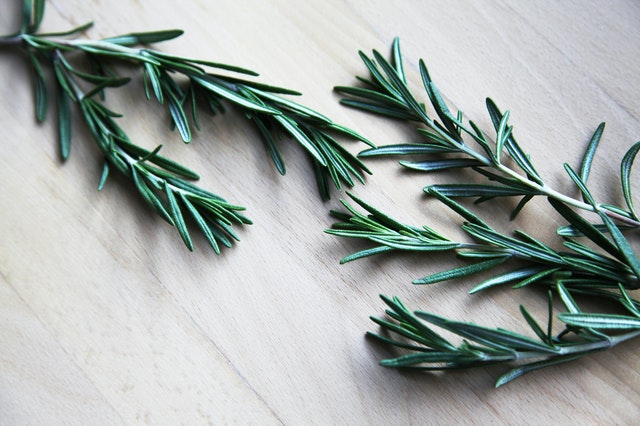
Rosemary
This spiky, fragrant herb packs a major punch in your kitchen garden. Add it to just about any roasted or grilled entree for distinctive flavor and antioxidant benefits that reduce the risk for chronic disease. You can also infuse olive oil with rosemary and use this herb in baking. Like thyme, rosemary thrives in a sunny spot and needs little water to reach heights of up to 3 feet.
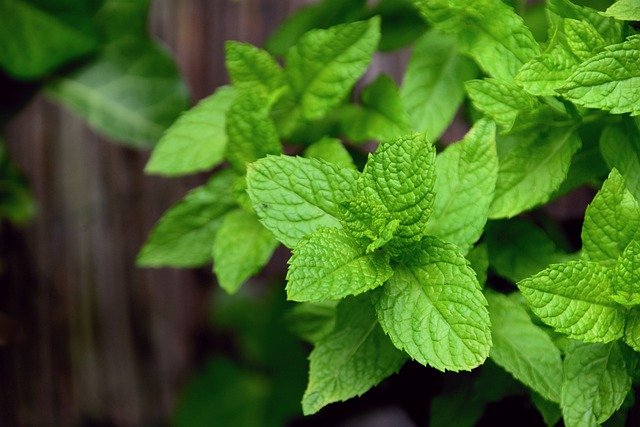
Mint
If you decide to plant mint in your kitchen garden, keep it in a container. Left unchecked, this herb will spread through your garden and make it difficult for other plants to survive. Add mint leaves to lemonade or iced tea for a refreshing summer treat. Chewing mint leaves can also settle an upset stomach. Keep mint plants moist but well-drained. Most varieties do well in moderate sun and can tolerate some shade. Mint grows quickly, so prune it regularly to keep the plant from taking over your kitchen.
Even if you aren't known for your green thumb, growing herbs for your kitchen is affordable, sustainable and quite forgiving. With a bit of trial and error, you'll find that you have a thriving variety of herbs on your windowsill or right outside your back door to add unexpected flavors to all your culinary endeavors.

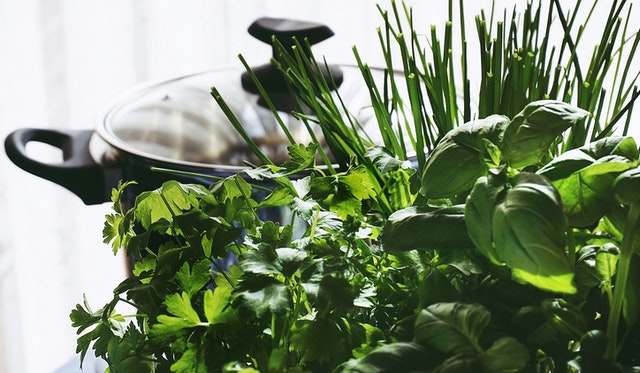

Thanks for this information. I would like to know what secondary fresh herbs/spices should also be considered.
Great
I have all these growing in pots in. My garden
Thank you
Patricia Hunt
I been growing Basil , green onions, rosemary,chili peppers, and lemon grass. I still don’t know what to do with my Basils is growing to big.